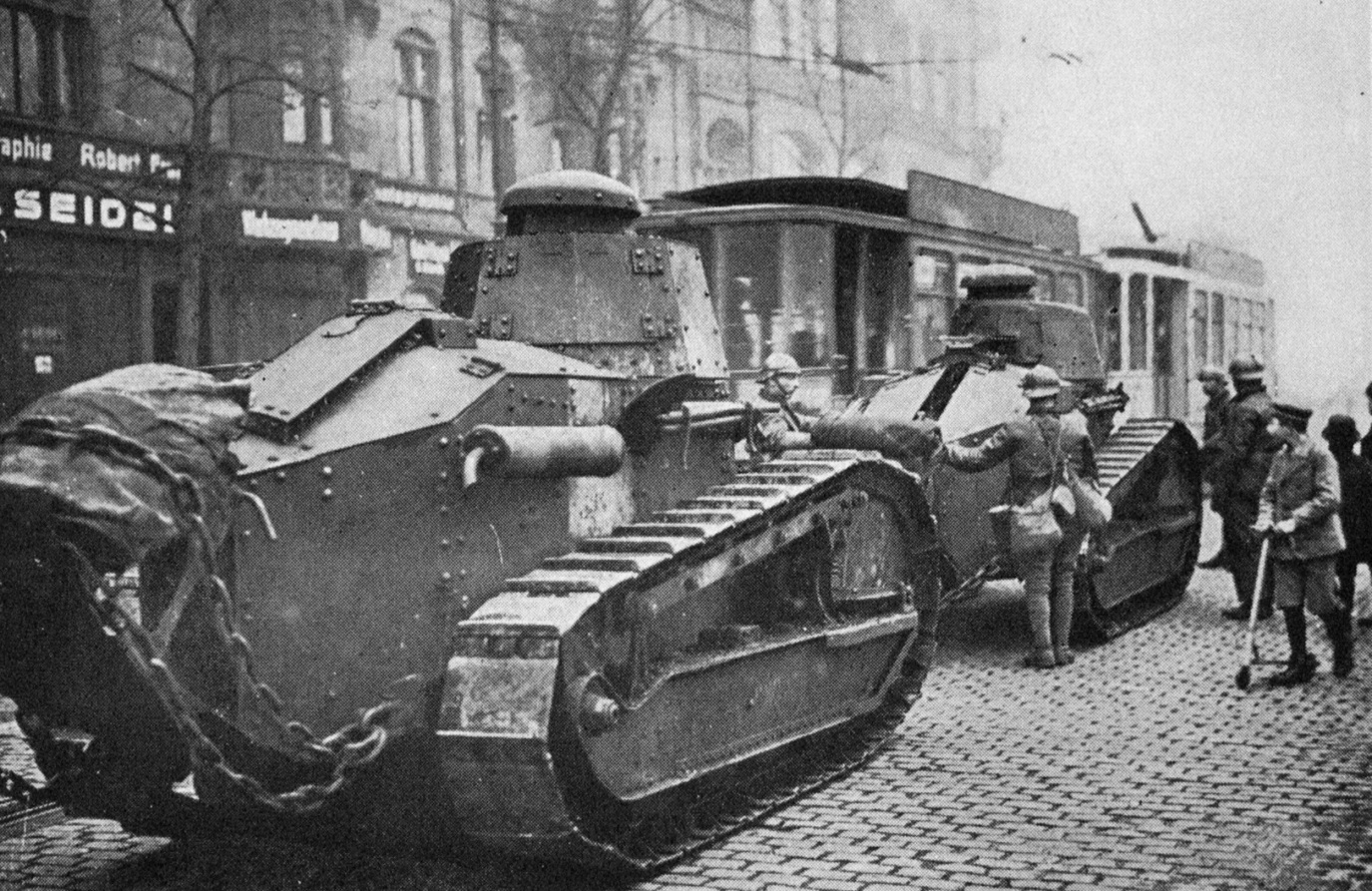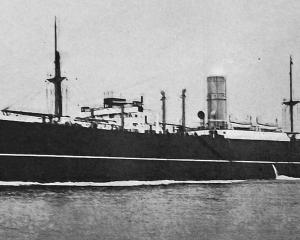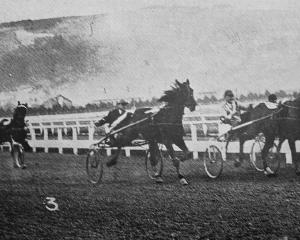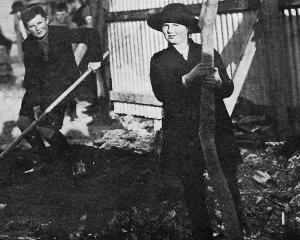
A coalition government?
Mr Massey unquestionably occupies the strongest strategical position. The view that the alternative to strengthening his position in the House is another appeal to the electors has been strongly expressed by Sir John Findlay in an interview during the week: "The policies of the Reform and Liberal parties have steadily converged upon each other; there is now really little that separates them, and some kind of concordat between them seems the best solution of the present impasse. I believe at any rate that this country would prefer such a concordat to another general election, which would probably reproduce the present situation in a more aggravated form." There can be no doubt that a general election is not only not desired by the people, and least of all by the successful candidates, and we have had no hesitation in arriving at the conclusion that Parliament will devise a method by which a dissolution may be avoided. Moreover, the method may be of such a kind as will serve the interests of the dominion as a whole. — editorial— ODT, 13.1.1923
Compiled by Peter Dowden












